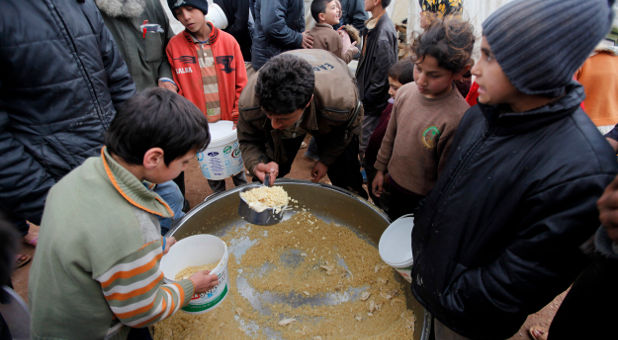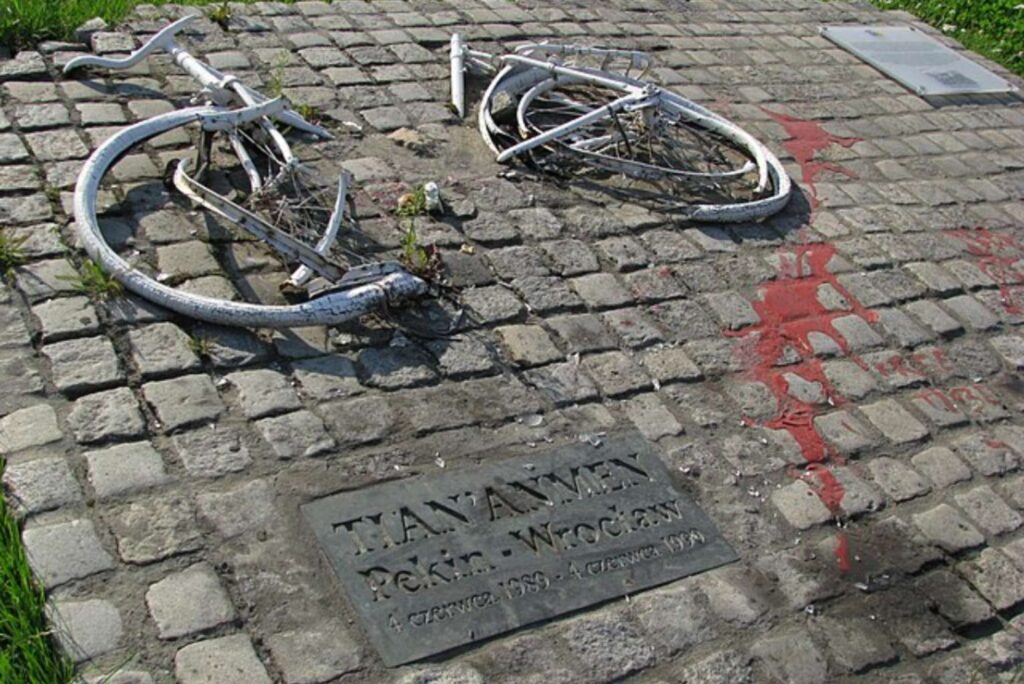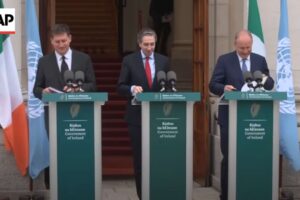International Christian Concern (ICC) joins with millions around the world in calling for an end to the hostility that has torn apart the country of Syria over the past three years.
The protests following the detention of 15 children for writing pro-democracy graffiti have descended into one of the most brutal conflicts in recent history. In the three years since the conflict began, militant Islamic jihadists have streamed into the country fighting not just against the brutality of Bashar al-Assad, but also to establish an Islamic state.
The Christian community—in 2010 estimated as 10 percent of the population—and other ethnic or religious minorities are being explicitly targeted and killed or driven out of the country.
The jihadist groups now comprise the largest segment of the opposition to Assad. They have sought to establish—and in some places have set up—an Islamic state that has no place for anyone—Christian, Muslim or otherwise—who does not abide by their extreme interpretation of Islamic law.
These fighters have been met by forces loyal to the Assad regime and have shown their own brutality against the Syrian people. The result has been the death of more than 140,000 and one of the largest humanitarian crises in recent history.
Nearly half the country—more than 9 million people—is either internally or externally displaced. The impact of the conflict is rapidly escalating. On March 12, 2013, 894,289 people were registered refugees, according to the UNHCR. On Wednesday, just one year later, that figure has nearly tripled to 2,513,541.The number of those displaced and not officially registered is estimated at an additional 7 million.
Both the short- and long-term impacts of the conflict for Syria and the surrounding region are staggering. The international community must act to bring about an end to this conflict and, in doing so, must engage those groups that are committed to a Syria that protects the rights of all its citizens, regardless of their religious or ethnic identity.
For the United States and other governments to continue to offer either material or military support to Islamist fighters only serves to deepen the crisis and supports those who have driven more than 450,000 Christians out of the country.
“We can’t go back to Syria. There is no future for us there,” Safer, who was forced to abandon his seminary studies and flee with his mom and two brothers after his dad was executed, told ICC.
This is the message being received by a Christian community that has been the target of religiously motivated attacks, including beheadings, executions, rape, kidnapping and the destruction or seizure of homes and churches. These atrocities have been committed by many of the groups that have benefited from support of the opposition groups.
As the United States engages with other governments in trying to bring an end to the conflict in Syria, it must ensure that the Christian community and those who are committed to peace have both a seat at the negotiating table and a future in the country. In the negotiations so far, the fate of Christians has not been a central point of discussion.
As Congressman Frank Wolf and eight others highlighted in a recent letter to Secretary of State John Kerry, “We have also been troubled by the lack of focused attention during current negotiations on the perilous plight of Syria’s religious minorities, including the ancient Christian population which fears that their fate could parallel that of Iraq’s Christian population—which is a fraction of what it was just 10 years ago.”
It’s important to consider what kind of Syria is being created. The Syria we support must be a Syria for all Syrians, including the Christian community, and we must ensure the voice of Syria’s Christians is clearly herd.
“We continue to be heartbroken over the intense suffering taking place in Syria,” says Todd Daniels, ICC regional manager for the Middle East. “We strongly support the call for an end to the hostilities in such a way that creates a Syria where all of its citizens—including Christians—are able to freely live and carry out their faith. In order for this to happen, these faith communities must be a part of the process. To exclude Christians from the negotiating table is to exclude one of the greatest forces for good that exists in Syria.”
This article originally appeared on persecution.org.
See an error in this article?
To contact us or to submit an article





















